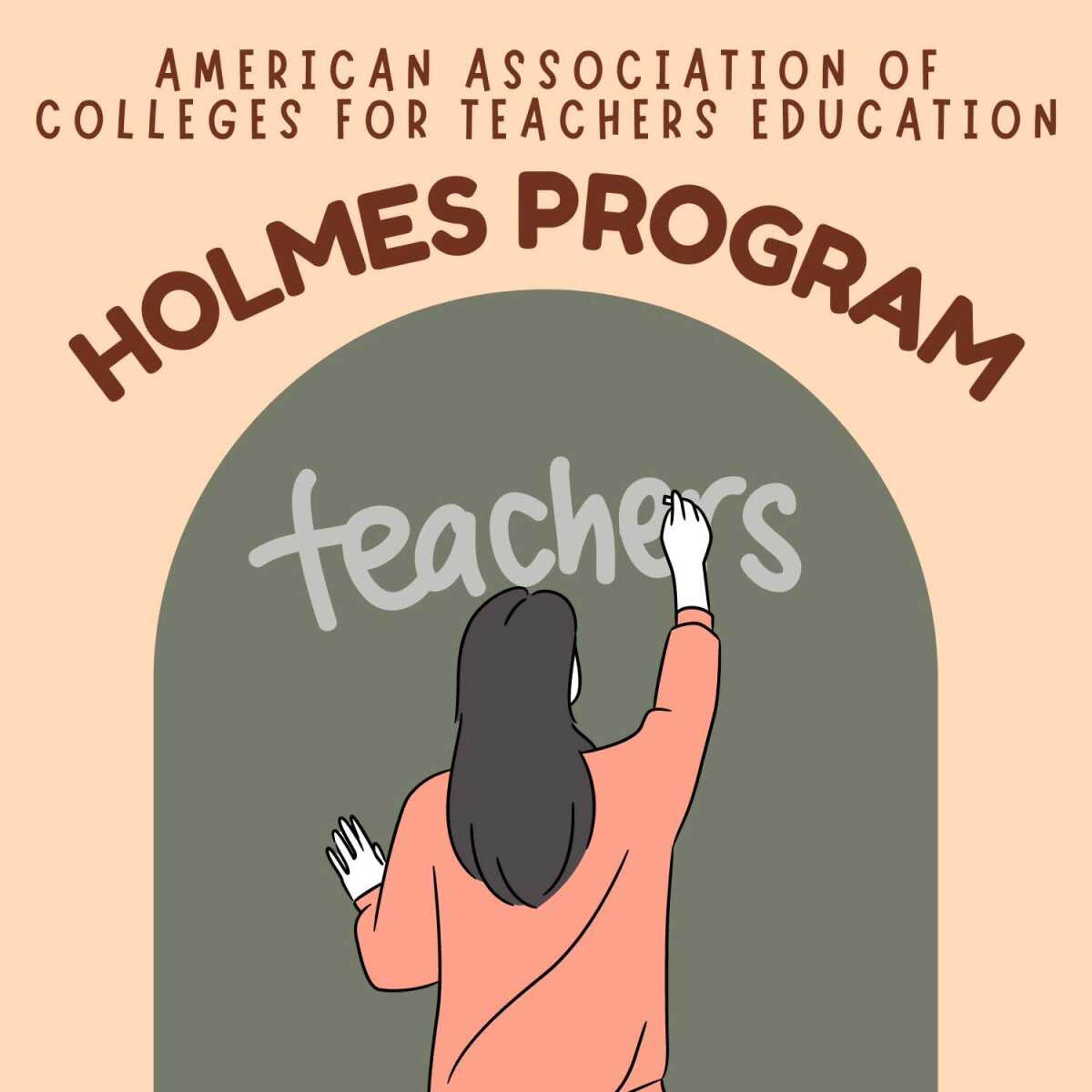Since its start in 1991, the American Association of Colleges for Teacher Education’s (AACTE) Holmes Program has served as a “pipeline” for minority students looking to enter the field of education.
The Holmes Program is geared toward providing mentorship, peer support and professional development to students of underrepresented populations.
Shonta Smith, coordinator of the Holmes Program at SEMO, said underrepresented populations could include first-generation college students, members of racial or ethnic minorities, students from a low socioeconomic status and students with disabilities.
The Holmes Program was originally created for doctoral students, but has since expanded to students at the high school, undergraduate and master's levels. The new levels were/are called Cadets, Honors and Masters.
The AACTE decided to cut the Holmes Program at the high-school (Cadets) and undergraduate (Honors) level in June 2019, and the program is now only offered to students currently enrolled in a master’s or doctoral program at an AACTE member institution.
Smith said the expansion allowed AACTE students to have the possibility to “continue and further themselves into the field of education” by funneling through each level, creating that “pipeline.”
According to Smith, SEMO adopted the Holmes Program in 2018. They had a total of 10 members at the Honors undergraduate level. Six of those members went on to complete the program and all graduated from Southeast.
Ke-La Harris, former Holmes Honors representative and one of those six students, said the Holmes Program has many benefits.
“When you are a part of the Holmes Program, there are many opportunities to network and attend workshops dedicated to helping you to become a better educator,” Harris said. “It places you in an atmosphere full of people sharing a common goal, educating the future to produce more educators.”
Harris said the impact of the Honors level being cut was that underrepresented students at the undergraduate level lost a “safe-haven.”
“When I joined the Holmes program, I felt a sense of empowerment, just seeing others who looked like me that may have experienced the same types of adversity as me,” Harris said. “Now, the minority students that want to be educators no longer have a place to go nor relate to as far as being represented.”
Smith seeks to provide another opportunity for undergraduate students.
“I’ve been looking into a program called Educators Rising — they have an undergraduate arm,” Smith said. “I think it's important for us to still have that pipeline for the undergraduate students and funnel them to that graduate level. We need teachers now, and waiting for someone to go to grad school is prolonging the process.”
Smith also said regardless if Southeast decides to join the Educators Rising program, the Holmes Program will still be available to those at the graduate level, and the Educators Rising program will seek to lead students into the Holmes Program.
Before joining the Holmes Program, Smith said students should know it is meant for specific types of students.
“If you are the type of student where you're not actively engaged nor willing to get your hands dirty and get into the field, the Holmes program is not for you,” Smith said. “It’s really for students who are serious about going into the profession and being the best educator they can possibly be.”
For more information about becoming a member, reach out to Dr. Shonta Smith at smsmith@semo.edu.






